When most people think about dental health, they immediately picture clean teeth, fresh breath, and cavity-free checkups. But your oral health is about much more than just your smile. It can play a significant role in your overall mental well-being. At Frugé Family Dentistry, we believe that understanding the connection between your teeth, gums, and mental health is essential for a truly holistic approach to wellness. In this post, we will explore how your oral health can affect your mood, confidence, and daily interactions, and share tips to keep both your mouth and mind healthy.
How Oral Health Affects Mental Well-Being
It might not be immediately obvious, but the state of your oral health can strongly impact your mental state. Chronic oral problems, untreated dental pain, and cosmetic concerns can influence how you feel about yourself and interact with others.
1. Tooth Loss and Self-Esteem
Losing a tooth or several teeth can feel more impactful than just a change in appearance. For many people, missing teeth can lead to self-consciousness or embarrassment, affecting confidence in social and professional situations. Studies have shown that people with missing teeth are more likely to avoid smiling or speaking in public, which can lead to feelings of isolation and lower self-esteem.
Dental solutions such as implants, bridges, and dentures not only restore function but can dramatically improve how you feel about yourself. When you feel good about your smile, it is easier to engage confidently with the world.
2. Chronic Dental Pain and Anxiety
Persistent dental pain, whether from cavities, gum disease, or other oral conditions, can take a toll on mental health. Pain can interfere with sleep, make concentrating difficult, and contribute to irritability or depression. Over time, chronic discomfort may worsen feelings of anxiety or low mood, creating a cycle where physical and mental health negatively influence each other.
Addressing dental pain promptly is crucial. Regular dental checkups and early treatment can prevent minor issues from becoming chronic problems, reducing both physical discomfort and emotional stress.
3. Gum Disease and Systemic Health
Periodontal or gum disease is not just bad for your teeth. It has been linked to various systemic conditions, including heart disease, diabetes, and cognitive decline. While research is ongoing, many studies suggest that inflammation caused by gum disease may also influence mental health, potentially increasing the risk of depression or anxiety.
Maintaining healthy gums through daily brushing, flossing, and professional cleanings can help minimize these risks and support both oral and mental well-being.
The Psychological Benefits of a Healthy Smile
Taking care of your teeth is not only about preventing cavities or avoiding bad breath. A healthy smile can also enhance psychological health in several meaningful ways.
1. Confidence Boost
A bright, healthy smile can be a tremendous confidence booster. When you know your teeth look good, you are more likely to smile, laugh, and engage in social situations. This confidence can improve relationships, enhance your professional presence, and make daily interactions more enjoyable.
2. Positive Social Interactions
Smiling affects both how others perceive you and how you feel. Smiling triggers the release of endorphins, which are natural mood lifters. People who avoid smiling due to oral concerns may miss out on these subtle but significant mental health benefits.
3. Stress Reduction
Oral health maintenance can itself be a form of stress relief. Taking control of your dental care through consistent brushing, flossing, and dental visits can give you a sense of agency and accomplishment, reducing overall stress levels. When your mouth feels good, it contributes to a sense of well-being and mental clarity.
Addressing Dental Anxiety
Dental anxiety is common and can have a profound impact on oral and mental health. Fear of the dentist can prevent people from seeking care, leading to worsening oral issues and increased stress. There are ways to manage dental anxiety effectively:
- Open Communication: Be honest with your dentist about your concerns and fears. A caring dental team can adjust treatment plans and provide reassurance.
- Relaxation Techniques: Deep breathing, meditation, or listening to calming music during appointments can help reduce anxiety.
- Sedation Options: For those with severe anxiety, sedation dentistry can make dental procedures more comfortable and stress-free.
By addressing dental anxiety proactively, you protect your oral health and improve your overall mental well-being.
Tips for Maintaining Oral and Mental Health
Supporting your oral health can have a positive effect on your mental state. Here are practical tips to help you maintain both:
- Stick to a Routine. Brush at least twice a day and floss daily. Consistency prevents problems and gives you a sense of control.
- Prioritize Regular Checkups. Visit your dentist at least twice a year for cleanings and exams to catch issues early.
- Address Issues Promptly. Do not ignore dental pain, sensitivity, or changes in your mouth. Early intervention prevents chronic problems.
- Eat a Balanced Diet. Foods rich in calcium and vitamin D support strong teeth and bones, while reducing sugar intake protects against cavities.
- Stay Hydrated. Water helps wash away bacteria and food particles, supporting oral hygiene and overall health.
- Practice Mindfulness. Stress management techniques like meditation or yoga can reduce the impact of stress on your oral health, including teeth grinding and jaw tension.
When to Seek Professional Help
If you notice persistent dental pain, bleeding gums, loose teeth, or changes in your bite, it is important to contact a dental professional promptly. Likewise, if oral concerns are affecting your confidence or mental well-being, your dentist can help explore solutions that restore both function and self-esteem.
At Frugé Family Dentistry, we provide comprehensive care that supports both your physical and mental health. Our team understands that a healthy mouth contributes to a happier, more confident you.
Oral Health and Mental Well-Being
Oral health and mental well-being are closely connected. Taking care of your teeth and gums does more than prevent cavities. It can improve self-esteem, reduce stress, and enhance your overall quality of life. Whether you are addressing chronic dental pain, restoring your smile, or managing dental anxiety, prioritizing oral health is an investment in your mental and emotional wellness.
A healthy smile is more than cosmetic. It is a key part of your overall well-being. If you are ready to take charge of your oral health and explore ways to support your mental wellness through dental care, Frugé Family Dentistry is here to help.
Call us today at 225-427-8205 to schedule your next appointment or discuss any concerns you may have about your oral and mental health. Your smile and your peace of mind are worth it.


